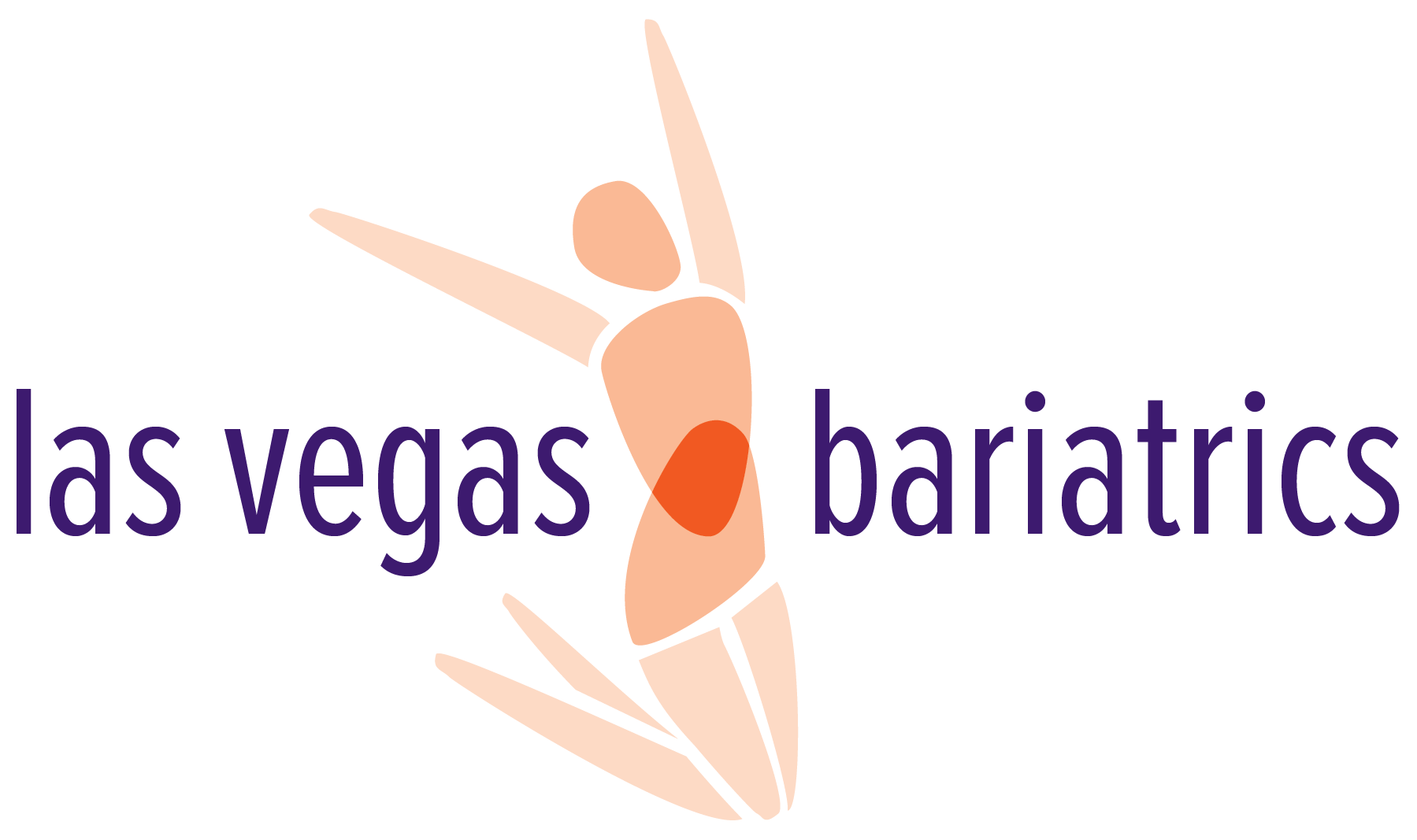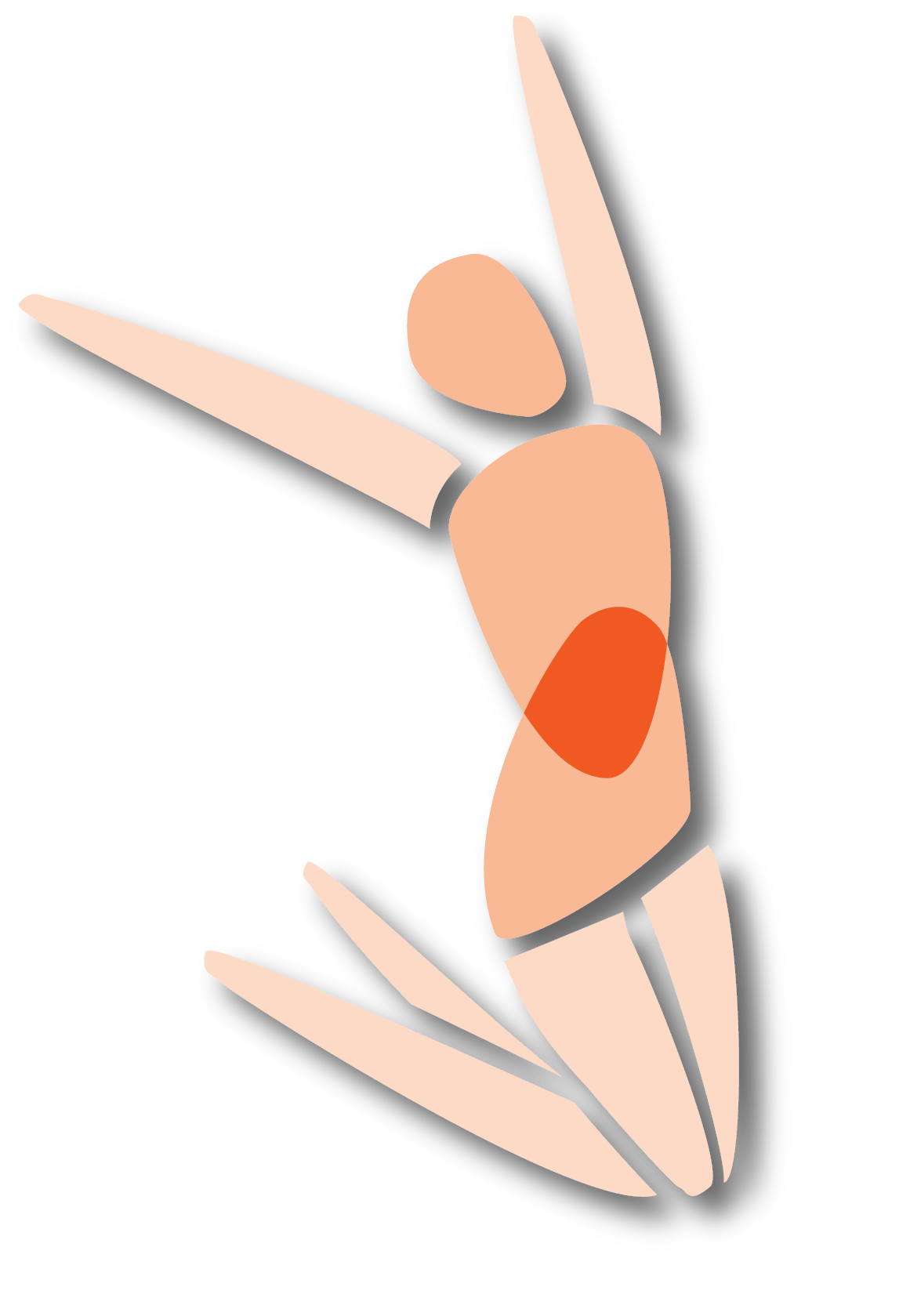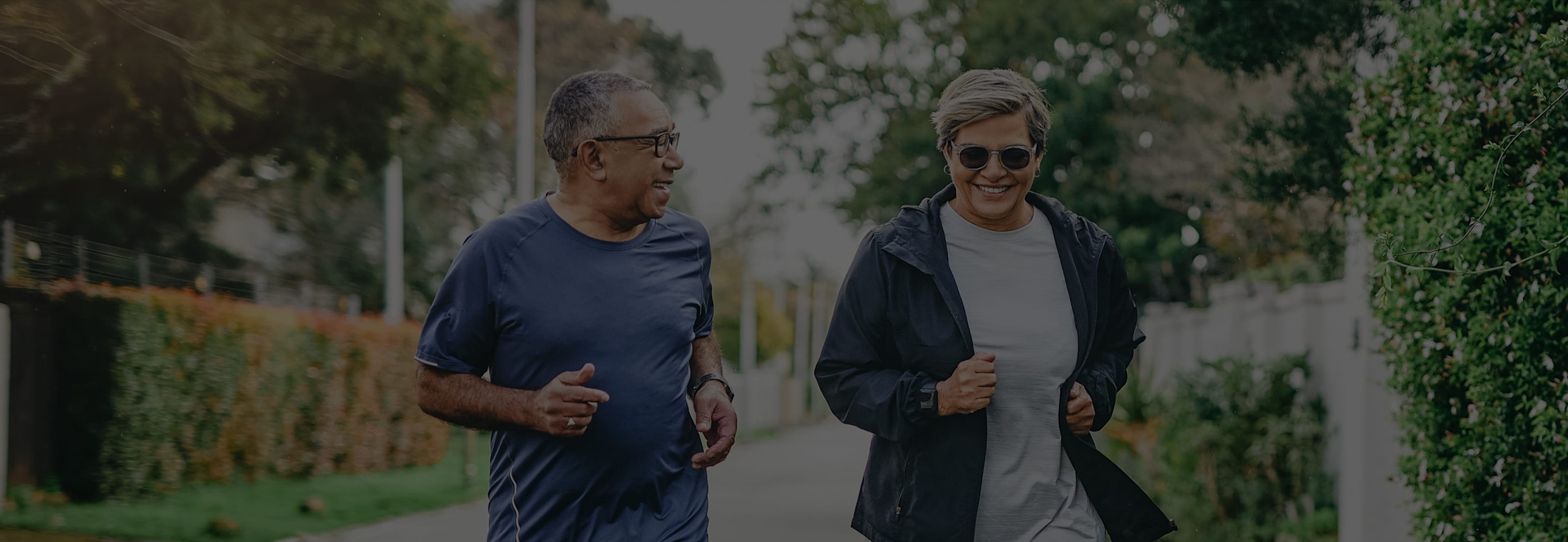Gastric Bypass surgery reduces the number of absorbed calories and restricts food intake for dramatic weight loss.
What is Gastric Bypass Surgery?
Gastric bypass is a sophisticated laparoscopic procedure using small incisions to divide the stomach into a small upper pouch and a much larger remnant pouch. The small pouch is then reattached to the small intestine, allowing food to bypass a portion of the digestive tract. This surgery facilitates weight loss by significantly reducing the stomach’s functional volume to change the physiological and physical response to food. Simply put, it changes how your stomach and small intestine process food. After the surgery, you will feel full after eating much less food.
Additionally, the food no longer passes through certain parts of your stomach and small intestine, where it is broken down. As a result, your body does not absorb all the calories from your food. Gastric bypass surgery has helped millions worldwide recover from obesity to live happier, healthier lives. Dr. Bernie Hanna is an experienced Las Vegas gastric bypass surgeon recognized for his dedication to patient safety and satisfaction. Moreover, Dr. Hanna’s extensive surgical background allows him to perform sophisticated bariatric surgery procedures in Las Vegas confidently.







